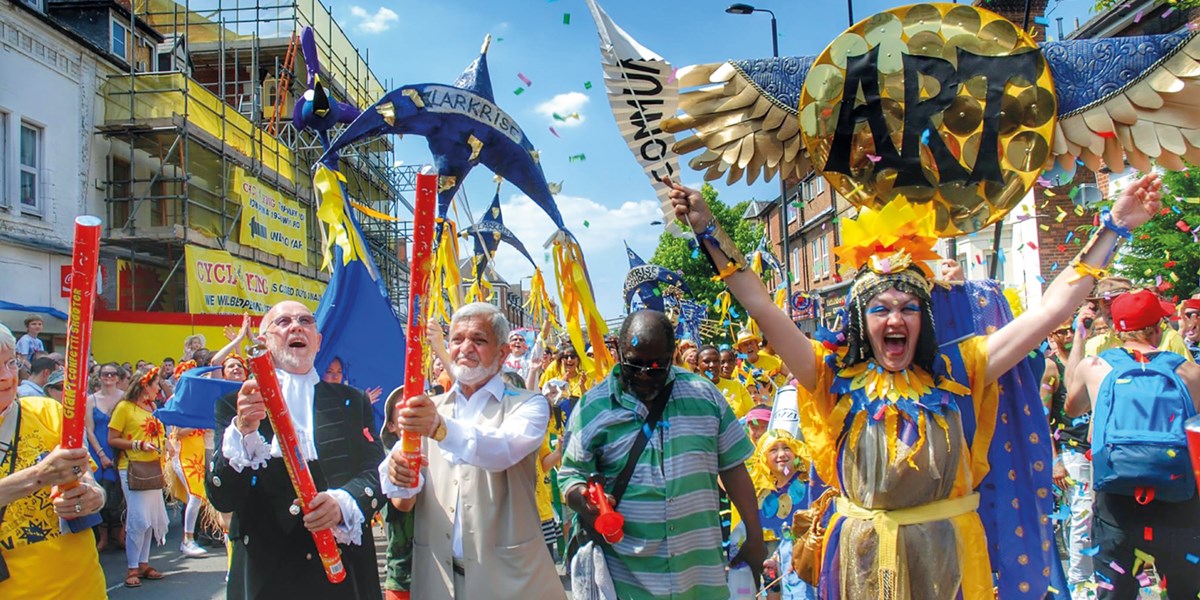Thursday, May 9, 2024
Holy Cowley: the return of the Cowley Road Carnival
By Fred Waine
With Cowley Road Carnival returning for the first time in five years, Fred Waine takes a trip to Oxford’s melting pot


Register now to continue reading

Thanks for visiting the Songlines website, your guide to an extraordinary world of music and culture. Sign up for a free account now to enjoy:
- Free access to 2 subscriber-only articles and album reviews every month
- Unlimited access to our news and awards pages
- Our regular email newsletters

